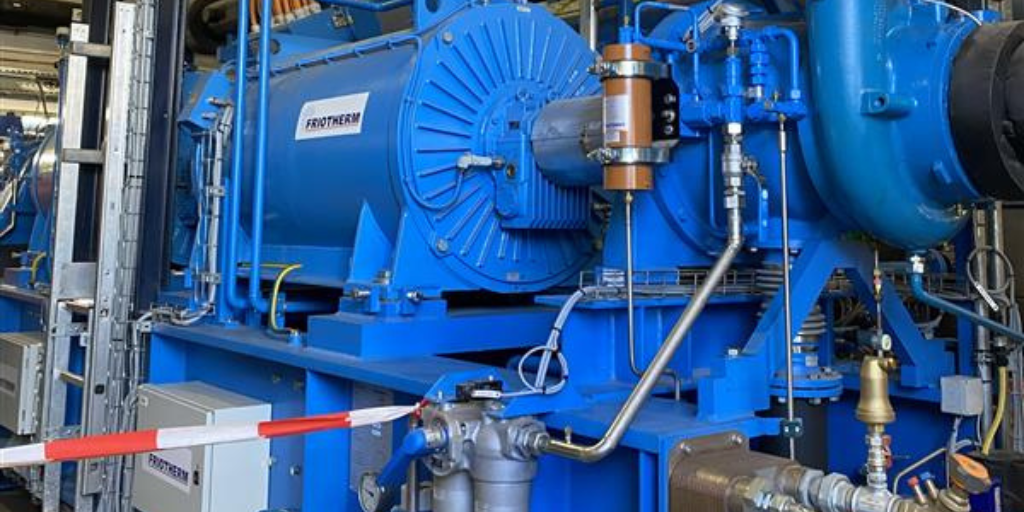[…]
BTB – the Blockheizkraftwerks- Träger- und Betreibergesellschaft, which is part of the E.ON group and one of Berlin’s three district heating operators – provides heat to 80,000 households, businesses, and public buildings, generating 682 gigawatt-hours (GWh) of heat and 22 GWh of electricity annually. Encouragingly, despite their ability to grow by 10 MW every year, BTB is now reducing emissions, thanks in part to its long-term strategy to become fully decarbonised by 2045.
[…]
Beyond that, BTB is actively exploring innovations such as heat storage, grid optimisation, and advanced heat forecasting tools to ensure resilience and efficiency of its new system. In addition, the company would like to harness and integrate heat from wastewater treatment and data centres to harness the unused heat produced from their respective processes.
[…]
BTB’s move away from coal is a powerful symbol of what’s possible when policy, innovation, and ambition align. It also offers key lessons for municipalities across Europe, especially in central and eastern Europe.
But Berlin’s experience also highlights the complex terrain ahead – from digital transformation and infrastructure integration to public engagement. The heat transition isn’t just about replacing boilers and pipes – it’s about reimagining how cities generate, distribute, and value heat.
To succeed, the transition must be a shared effort across sectors and city agencies – but also one that includes the people who will ultimately live with its outcomes. Berlin’s farewell to coal is just one chapter, but a hopeful one, in the broader story of Europe’s heat transition.


